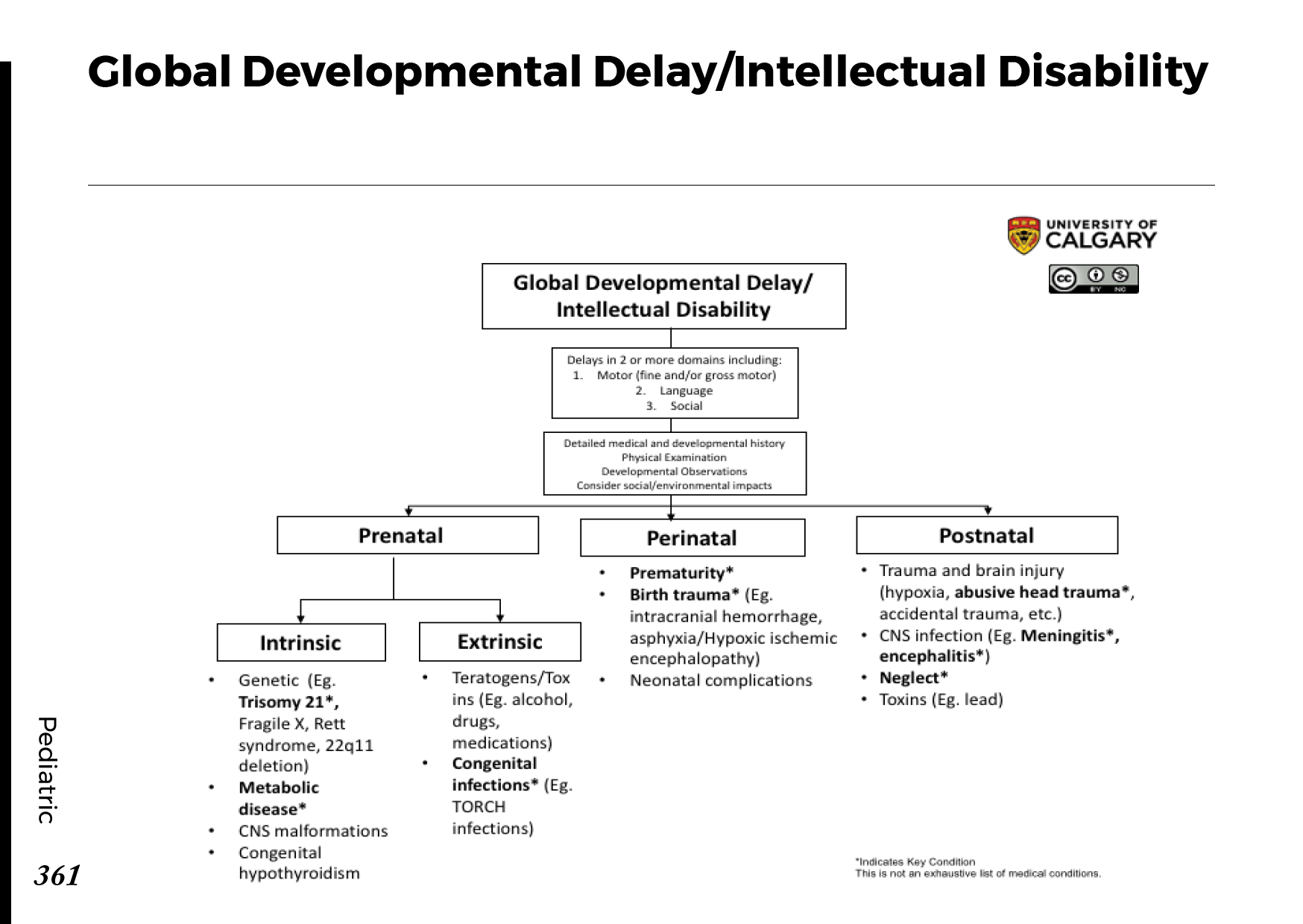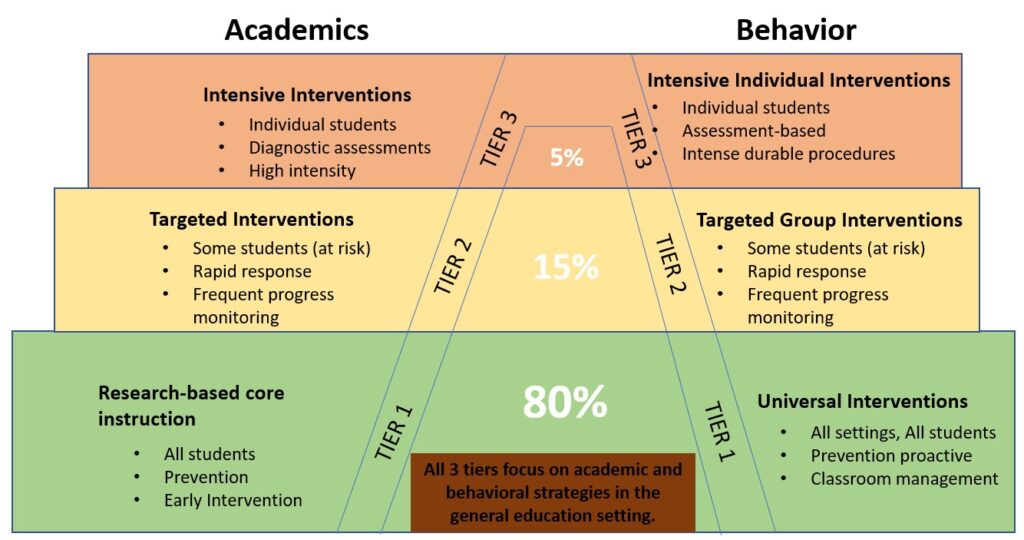Intellectual disability, often abbreviated as ID, is a condition characterized by significant limitations in both intellectual functioning and adaptive behavior. These limitations typically manifest during the developmental period, affecting an individual’s ability to learn, reason, solve problems, and interact with others. This article delves into the causes, symptoms, and available support systems for individuals living with intellectual disability, offering a comprehensive understanding of this complex condition.

Understanding Intellectual Disability
Intellectual disability is not a single disorder but rather a broad category that encompasses various conditions affecting cognitive and social abilities. It is generally diagnosed before the age of eighteen and can vary significantly in severity, ranging from mild to profound. The impact of intellectual disability on an individual’s life depends on the level of support they receive and their unique strengths and challenges.
What Defines Intellectual Disability?
Two primary factors define intellectual disability:
- Intellectual Functioning: This refers to a person’s ability to learn, reason, make decisions, and solve problems. Standardized tests, such as IQ assessments, are often used to measure intellectual functioning. A score below 70-75 may indicate intellectual disability.
- Adaptive Behavior: This includes practical, social, and conceptual skills necessary for everyday life. Examples include communication, self-care, and the ability to follow rules or routines.
Causes of Intellectual Disability
The causes of intellectual disability are diverse and can occur at different stages of development. Understanding these causes is crucial for early intervention and effective management.
Prenatal Causes
Prenatal causes refer to factors that affect the developing fetus before birth. These include:
- Genetic Conditions: Certain genetic disorders, such as Down syndrome, fragile X syndrome, and phenylketonuria, can lead to intellectual disability. These conditions are caused by abnormalities in the genes or chromosomes.
- Infections During Pregnancy: Infections like rubella, cytomegalovirus, and toxoplasmosis can interfere with fetal brain development, resulting in intellectual disability.
- Maternal Health Issues: Poor maternal nutrition, substance abuse, or exposure to toxins like alcohol or drugs can harm the developing brain.
Perinatal Causes
Perinatal causes occur around the time of birth and may include:
- Premature Birth: Babies born significantly earlier than their due date may face developmental challenges, including intellectual disability.
- Oxygen Deprivation: Lack of oxygen during birth, also known as birth asphyxia, can damage the brain and lead to intellectual disability.
- Low Birth Weight: Infants born with very low birth weight are at higher risk of developmental delays and intellectual challenges.
Postnatal Causes
Postnatal causes occur after birth and can result from:
- Traumatic Brain Injury: Accidents, falls, or physical abuse that cause head injuries can lead to intellectual disability.
- Infections: Severe infections like meningitis or encephalitis can damage the brain and impair cognitive function.
- Neglect or Abuse: Children who experience extreme neglect or abuse may fail to develop essential cognitive and social skills.
Symptoms of Intellectual Disability
The symptoms of intellectual disability can vary widely depending on the severity of the condition. However, common signs include:
Delayed Developmental Milestones
Children with intellectual disability often reach developmental milestones later than their peers. These milestones include:
- Sitting up, crawling, or walking
- Saying first words or forming sentences
- Learning to feed themselves or use the toilet
Learning Difficulties
Individuals with intellectual disability may struggle with:
- Acquiring new information or skills
- Following instructions or completing tasks
- Understanding abstract concepts like time or money
Social Challenges
Social difficulties are another hallmark of intellectual disability. These may include:
- Trouble making friends or interacting with others
- Difficulty understanding social cues or rules
- Challenges with communication, such as expressing thoughts or understanding language
Behavioral Issues
Some individuals with intellectual disability may exhibit behavioral challenges, such as:
- Impulsivity or difficulty regulating emotions
- Repetitive behaviors or habits
- Aggression or self-injury in some cases
Support Systems for Individuals with Intellectual Disability
While intellectual disability is a lifelong condition, appropriate support can significantly improve the quality of life for affected individuals and their families. Support systems often involve a combination of educational, therapeutic, and community-based interventions.
Early Intervention Programs
Early intervention is critical for children with intellectual disability. These programs aim to address developmental delays and provide tools for learning and growth. Key components include:
- Speech and language therapy to improve communication skills
- Occupational therapy to enhance motor skills and independence
- Special education services tailored to the child’s needs
Educational Support
Education plays a vital role in supporting individuals with intellectual disability. Special education programs focus on teaching practical skills and fostering independence. Strategies include:
- Individualized Education Plans (IEPs) that outline specific goals and accommodations
- Inclusive classrooms where students with disabilities learn alongside their peers
- Vocational training to prepare individuals for employment opportunities
Therapeutic Interventions
Various therapies can help individuals with intellectual disability manage their symptoms and improve their quality of life. Common approaches include:
- Behavioral therapy to address challenging behaviors and teach new skills
- Cognitive-behavioral therapy to improve problem-solving and emotional regulation
- Physical therapy to enhance mobility and coordination
Community and Family Support
Families and communities play a crucial role in supporting individuals with intellectual disability. Resources and strategies include:
- Parent support groups that offer guidance and emotional support
- Respite care services to give caregivers a break
- Community programs that promote inclusion and social interaction
Assistive Technology
Assistive technology can empower individuals with intellectual disability by enhancing their ability to communicate, learn, and perform daily tasks. Examples include:
- Communication devices for nonverbal individuals
- Adaptive tools for writing or using a computer
- Mobile apps designed to teach life skills or reinforce learning
Addressing Stigma and Promoting Inclusion
Despite advances in understanding intellectual disability, stigma and misconceptions persist. Promoting awareness and inclusion is essential for creating a supportive environment for individuals with intellectual disability. Efforts to combat stigma include:
- Educating the public about intellectual disability and its impact
- Encouraging inclusive practices in schools, workplaces, and communities
- Advocating for policies that protect the rights and dignity of individuals with disabilities
The Role of Advocacy Organizations
Advocacy organizations play a vital role in raising awareness and driving change. These groups work to:
- Provide resources and support for families
- Promote research into the causes and treatment of intellectual disability
- Advocate for equal opportunities and access to services





